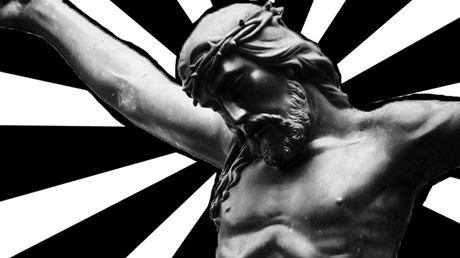In his new book, Wright explains that Jesus’ death does more than just get us into heaven.

A foundational Christian belief is that Jesus Christ died on the Cross for our sins. For many, the most important result of this is that believers go to heaven when they die. Bestselling author, scholar and bishop, N. T. Wright, thinks we’re missing a critical aspect of what Jesus accomplished on the Cross if we limit our understanding just to this explanation. His latest book, The Day the Revolution Began, explores the Crucifixion and argues that the Protestant Reformation did not go far enough in tranforming our understanding of this event. Mike Bird, author of What Christians Ought To Believe, interviewed Wright about how Christians should view the Crucifixion.
Tom, you describe Jesus’ death as the beginning of a “revolution.” What was that revolution and why does it still matter today?
Most Western Christians have been taught that Jesus died so that they could escape the results of sin and go to heaven after they die. The New Testament, however, regularly speaks of Jesus’ death as the defeat of the powers of evil that have kept the world in captivity, with the implication that the world is actually going to change as a result—through the life and work and witness of those who believe this good news. Think of Revelation 5:9–10. Humans are rescued from their sin so that they can be “a kingdom and priests serving our God, and they will reign on earth.” That began at Easter and, in the power of the Spirit, has continued ever since. Of course, the “reign” of Jesus’ people, like that of Jesus himself, is the reign of suffering love . . . but that’s a whole other story. Suffice it to say that the vocation of God’s people today is to continue to implement …


